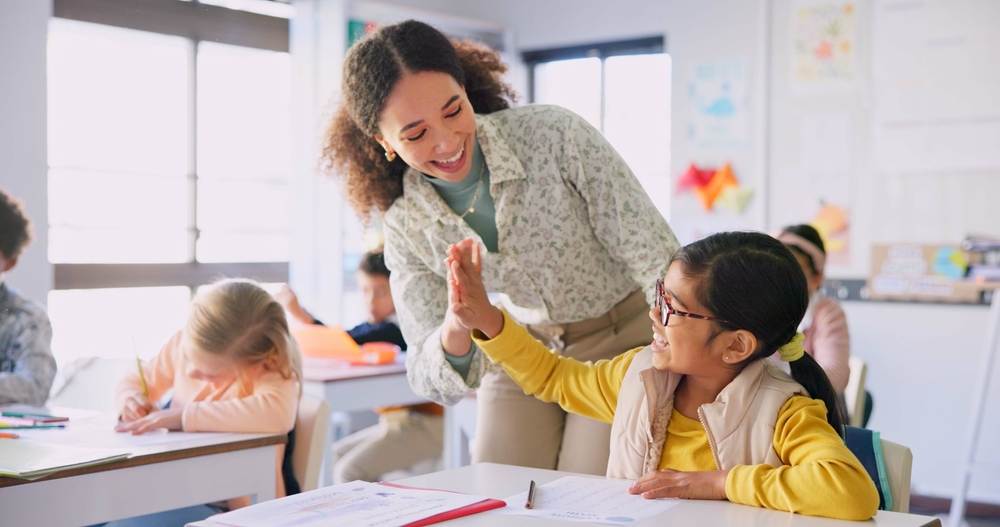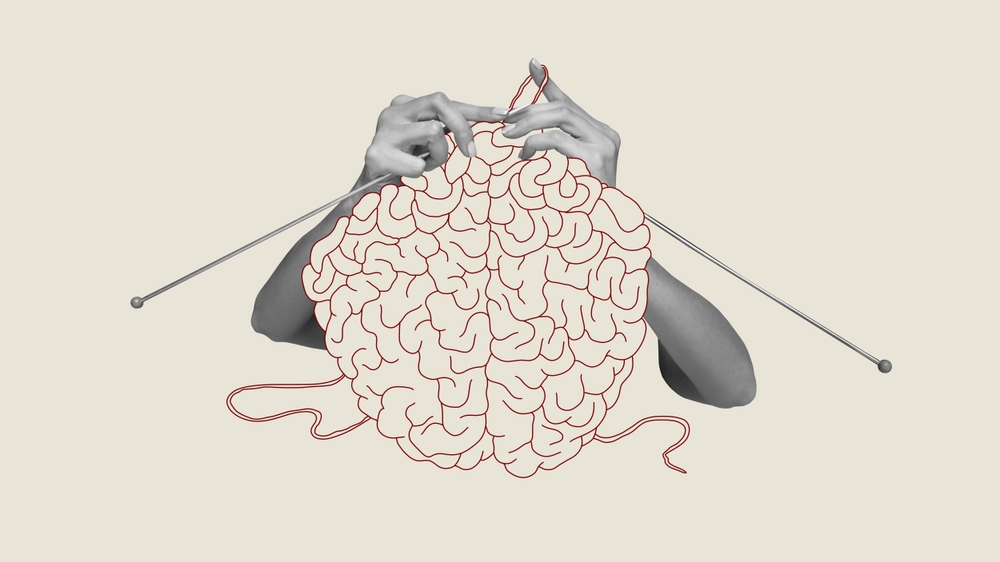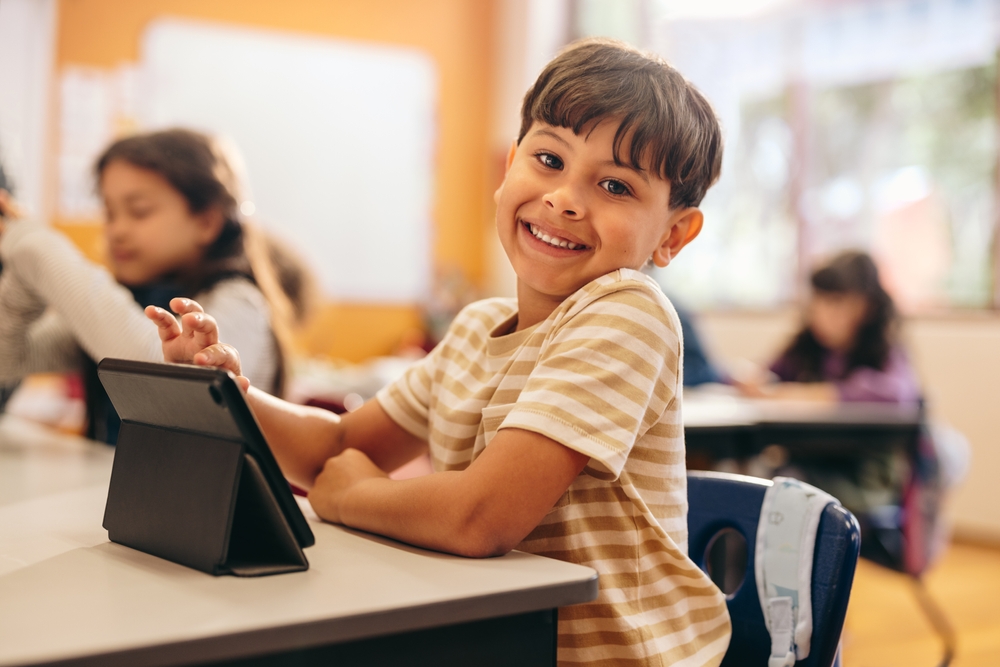Here's why literacy is essential for communication:
Reading is an essential component of literacy, as it allows us to understand written communication, including books, articles, emails, and other written materials. Through reading, we can gain knowledge and information, develop our critical thinking skills, and engage with different perspectives and ideas
- Writing is also an important component of literacy, as it allows us to express our thoughts, ideas, and emotions in written form. Through writing, we can communicate with others, share our experiences, and develop our communication skills.
- Literacy skills include oral communication, or the ability to speak effectively with others. Effective speaking skills allow us to express our ideas and opinions clearly, engage in productive conversations, and build strong relationships with others.
- Listening is another essential component of communication, and literacy skills include the ability to listen actively and attentively to others. Through listening, we can understand others’ perspectives and experiences, build empathy and understanding, and engage in productive and respectful conversations.
- Literacy skills include the ability to interpret and use non-verbal communication, such as body language, facial expressions, and tone of voice. Effective use of non-verbal communication can enhance our ability to communicate effectively with others and build strong relationships.

Digital Literacy
In today’s world, digital literacy is an essential component of communication, and literacy skills include the ability to navigate and use digital communication tools effectively. This includes skills such as email communication, social media, video conferencing, and online collaboration tools. Literacy skills also include the ability to communicate in multiple languages which is becoming increasingly important in a globalized world. Multilingualism allows us to engage with people from different cultures and backgrounds and develop empathy and understanding for diverse perspectives.
Here are some ways to improve your digital literacy skills:
Take online courses: There are many online courses and tutorials available that can help you improve your digital literacy skills. Platforms such as Coursera, Udemy, and Khan Academy offer a variety of courses on topics such as digital literacy, computer programming, and cybersecurity.
Practice using digital tools: The best way to improve your digital literacy skills is to practice using digital tools and applications. This can include using social media, creating and sharing online content, and using productivity and collaboration tools such as Google Drive and Trello.
Stay informed: Staying informed about the latest digital trends and technologies is essential for improving your digital literacy skills. This can include reading technology blogs and news sites, subscribing to newsletters, and following experts in the field on social media.
Improving your digital literacy skills requires a combination of practice, education, and awareness. Literacy is an ongoing process of learning and growth, and it is essential for personal and professional development. By continuing to develop our literacy skills throughout our lives, we can become effective communicators, engage more fully with the world around us, and pursue our goals and aspirations with confidence and clarity.
In today’s world, effective communication requires a variety of skills and abilities, collectively known as literacy. Improving our literacy skills allows us to communicate more effectively, engage more deeply with the world around us, and confidently pursue our personal and professional goals.








